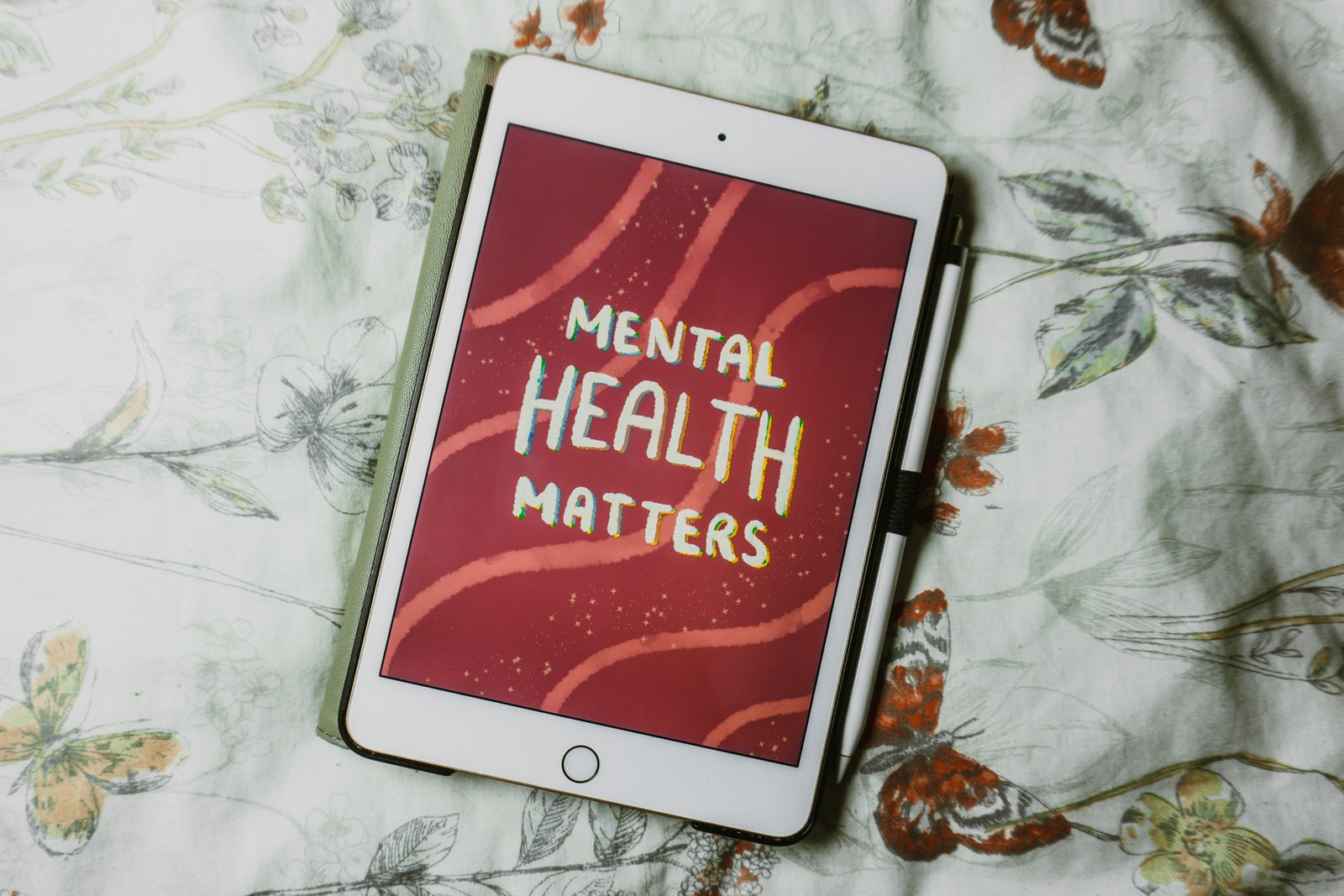Importance of Mental Health During Exam Prep

- By (2 articles)
The importance of mental health during exam preparation:
Preparing for exams such as the IELTS/OET (language proficiency tests), CBT (Computer Based Test), and OSCE (Objective Structured Clinical Examination) can be a challenging journey.
These exams are crucial for nurses and midwives who aspire to practice in the UK. While it’s essential to focus on academic preparation, maintaining mental health is equally important. Here’s why:
The Impact of Stress on Performance: Stress can significantly impact cognitive functions, including memory, concentration, and problem-solving, which are vital for success in exams like the IELTS/OET, CBT, and OSCE. High levels of stress can lead to burnout, decreased productivity, and even health issues.
Strategies for Maintaining Mental Health: Here are some strategies to help maintain mental health during your exam preparation:
- Regular Exercise: Physical activity can help reduce stress and improve mood by releasing endorphins, known as ‘feel-good’ hormones. The IELTS Medical training centre in London is just adjacent to Hyde Park; arguably the best place to go on walks in London and the UK as a whole.
- Balanced Diet: Eating a balanced diet can improve your energy levels and concentration. Avoid excessive caffeine and sugar, which can lead to energy crashes. At IELTS Medical we offer breakfast, lunch and dinner delivered to either your hotel or our training centre.
- Adequate Sleep: Quality sleep is essential for memory consolidation and cognitive function. Try to maintain a regular sleep schedule.
- Mindfulness and Relaxation Techniques: Practices like meditation, deep breathing, and yoga can help reduce stress and improve focus.
- Effective Time Management and Breaks: Creating a realistic study schedule that includes regular breaks can help ensure you’re making the most of your study time without overworking yourself. Regular breaks during study sessions can improve productivity and reduce feelings of being overwhelmed. Also, make sure to set aside time for leisure activities you enjoy.
- Seek Support: Don’t hesitate to seek support from friends, family, or professional counsellors if you’re feeling overwhelmed.
- Positive Affirmations: Positive self-talk can help to boost your confidence and reduce stress. Remind yourself of your capabilities and past successes to keep your spirits high during challenging times.
- Stay Hydrated: Dehydration can lead to fatigue and decreased concentration. Make sure to drink enough water throughout the day.
- Limit social media: While it’s important to stay connected with friends and family, excessive use of social media can be a distraction and sometimes contribute to stress. Try to limit your use of these platforms during your study hours.
Remember, it’s not just about passing the exams, but also about maintaining your mental health throughout the process. After all, as future healthcare professionals, taking care of your own health is the first step in learning how to care for others.

